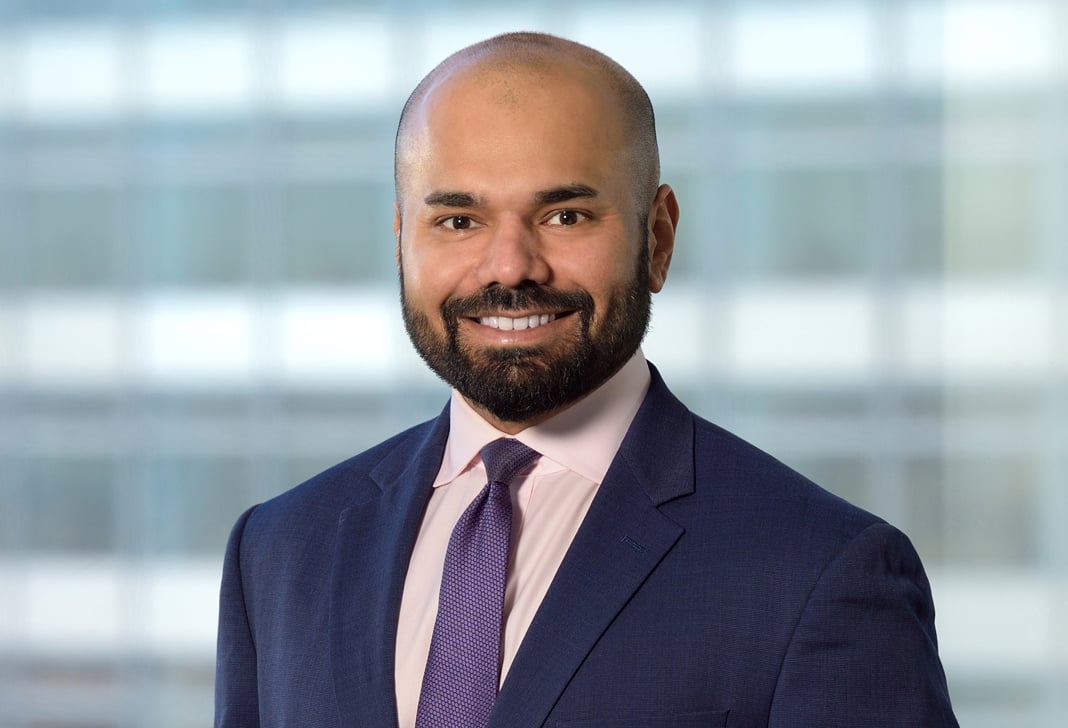
Second Circuit Holds That Certain Private Student Loans May Be Dischargeable Under Section 523(a)(8)(A)(ii)
The Situation: In Homaidan v. Sallie Mae, Inc., et al., the U.S. Court of Appeals for the Second Circuit recently affirmed that certain types of private student loans are not "obligation[s] to repay funds received as an educational benefit, scholarship, or stipend" that are exempt from discharge in bankruptcy absent an undue hardship.
The Result: This decision brings the Second Circuit in line with the Fifth and Tenth Circuits on this issue. However, neither the Bankruptcy Court's decision below nor the Second Circuit's decision on appeal determined the circumstances under which loans may be discharged in bankruptcy pursuant to 11 U.S.C. § 523(a)(8)(A)(i) or 523(a)(8)(B).
Looking Ahead: Private student loans may still be dischargeable under Section 523(a)(8)(A)(i) or 523(a)(8)(B) as "qualified education loans," which the court in Homaidan did not consider. Nonetheless, following the COVID-19 pandemic, bankruptcies involving outstanding and past-due student loan debts will likely increase, and this precedent brings the Second Circuit in line with the Fifth and Tenth Circuits and could lead to more disputes regarding whether those debts can be discharged. And on August 2, 2021, the bipartisan FRESH START Through Bankruptcy Act of 2021 was announced for introduction in the Senate. This proposed legislation aims to aid struggling borrowers by amending the Bankruptcy Code provisions that govern discharge of student loans. Market participants should continue to monitor these developments.
On July 15, 2021, a three-judge panel of the U.S. Court of Appeals for the Second Circuit held in Homaidan v. Sallie Mae, Inc., et al. that the private student loans at issue were not subject to the discharge exemption in Section 523(a)(8)(A)(ii) of the Bankruptcy Code for "obligation[s] to repay funds received as an educational benefit." In the case below before the Bankruptcy Court, the defendant lender and servicer (hereinafter, "lender") moved to dismiss an adversary proceeding brought by a Chapter 7 bankruptcy debtor alleging that the lender violated a bankruptcy discharge order by accepting repayment of private student loans that were in fact discharged because they covered more than qualified education expenses. The defendant argued that the loans were exempt from discharge. The Bankruptcy Court considered the exemption to discharge for "obligation[s] to repay funds received as an educational benefit" under Section 523(a)(8)(A)(ii) of the Bankruptcy Code and found that it "does not sweep in all education-related debt," including the student loans at issue. It therefore denied the defendant's motion to dismiss. The Second Circuit granted interlocutory appeal and affirmed.
The Second Circuit's Decision
Like the Bankruptcy Court, the Second Circuit largely relied upon the plain language of the relevant statutory text, which exempts from discharge, among others, "obligation[s] to repay funds received as an educational benefit, scholarship, or stipend." Decision at 9; see also 11 U.S.C. § 523(a)(8)(A)(ii). The defendant lender's sole contention in its motion to dismiss was that the private student loan to the plaintiff was an "educational benefit" under Section 523(a)(8)(A)(ii). However, the defendant reserved its rights to address the plaintiff's claims that the loans were not "qualified education loan[s]" under Section 523(a)(8)(B) at a later time in the litigation.
The Second Circuit concluded that Section 523(a)(8)(A)(ii) cannot be interpreted to include "loans" where that specific word was used in related provisions and specifically absent from the governing subpart. The court also noted that it could not adopt the defendant's broad interpretation of the provision—"under which any loan is nondischargeable under Section 523(a)(8)(A)(ii) if it was used to further one's education—[as it] would draw virtually all student loans within" the exemption. This, according to the court, would improperly render the exemptions in Section 523(a)(8)(A)(i) and 523(a)(8)(B) meaningless. Thus, the phrase "educational benefit" was limited by the court to align with the terms "scholarship" and "stipend" also specified in Section 523(a)(8)(A)(ii). Because the appeal arose from a decision on a motion to dismiss, the court did not reach a conclusion on whether the plaintiff's loan was indeed discharged in his bankruptcy. It remanded the case to the Bankruptcy Court for further proceedings.
Impact on Future Litigations
The Second Circuit's decision does not completely clarify the rules surrounding discharge of student loans. Indeed, the court did not consider whether the private student loans at issue are "qualified education loan[s]" and thus not subject to discharge under Section 523(a)(8)(B). Moreover, the decision does not implicate public student loans at all, which are exempt from discharge absent findings that paying the debt would cause the debtor "undue hardship." In Thelma G. McCoy v. United States, a plaintiff recently petitioned for a writ of certiorari to the U.S. Supreme Court to resolve a circuit split regarding the appropriate test for evaluating an "undue hardship." However, in June 2021, the Court denied the petition, leaving the circuit split intact and opening the door to continued inconsistent rulings.
Four Key Takeaways
- Homaidan holds that the private student loans at issue are not "obligation[s] to repay … educational benefits," which are nondischargeable in bankruptcy. However, Homaidan did not consider the dischargeability of private student loans as "qualified education loan[s]" under Section 523(a)(8)(B).
- Future litigants may be able to utilize the other provisions in 11 U.S.C. § 523(a)(8) to argue that an educational debt is dischargeable.
- The Second Circuit's decision to align with the Fifth and Tenth Circuits may lead additional debtors, including those affected by the COVID-19 pandemic, to seek discharge of their student loans.
- Market participants should also monitor developments concerning the FRESH START Through Bankruptcy Act of 2021 and any other proposed legislation that, if enacted, would modify the Bankruptcy Code provisions governing discharge of student loans.






